Are Letters of Recommendation Equitable?
Socio-economic and Racial Equity
Socio-economic and racial equity are at the forefront of the American psyche in this unprecedented era of college admissions. From the test-optional movement to questions surrounding higher institutions’ policies of “demonstrated interest,” the practices of colleges and the infrastructure that supports their respective admissions processes have come under scrutiny. The most recent topic of debate has been whether or not Letters of Recommendation are an equitable way to measure applicant portfolios against one another.
Letters of Recommendation
According to a recent article from Inside Higher Ed, historically disadvantaged students – such as students of color and those who come from challenging socio-economic backgrounds – are much more likely to have short and vague letters submitted to colleges on their behalf due to the fact that they attend underfunded public schools with wildly high teacher turnover and astronomical student-to-counselor ratios. That is, if their letters are sent at all. On the other hand, students who come from wealthier families – and, thus, either attend private schools or live in more affluent public school districts – are more likely to have detailed and personalized letters sent in on their behalf by teachers and/or counselors with more manageable workloads. Private schools sometimes even provide overtime stipends to their employees writing recommendation letters. Now, how is this system considered fair when we compare this private school scenario to that of underpaid and underprivileged teachers faced with writing hundreds of letters of recommendation on their own time?
The Importance of Letters of Recommendation
And, yet, in a recent survey conducted by the National Association for College Admission Counseling (NACAC), 80 percent of participating colleges said letters of recommendation were important in their admissions proceedings, whereas only 20 percent said they played no important role. Therefore, it’s no wonder that NACAC and the National Association of Student Financial Aid Administrators (NASFAA) released a report last month suggesting that colleges rethink their admissions processes to focus on equity issues, especially surrounding letters of recommendation. In this report, officials asked those involved with college admissions to consider how recommendation letters affect the complexity of the admissions process for students and what information we hope to glean from recommendations that won’t already show up elsewhere on a student’s application.
Greater Equity in College Admissions
Officials calling for greater equity in college admissions recommend that institutions that refuse to make letters of recommendation an optional element of their application accept more personal reference letters. This guidance is based on the assumption that someone writing a personal reference will have fewer letters to write and, thus, will be able to focus more time and energy on providing an accurate portrait of the student in their writing. This practice would be especially welcome in challenged school districts like South Side Chicago Public Schools, where college and career coach Safiya Johnson has witnessed teacher turnover on a month-to-month basis. “It’s a terrible system for students in schools with high turnover,” she says.
Yet another option could be to follow the lead of universities like UCLA, who do not accept letters of recommendation as part of their admissions processes. Refusal, it seems, is the only way to achieve true equity in this facet of admissions, due to the complex and intricately varied ecosystem that is American education.
Share this article

Follow us
A quick overview of the topics covered in this article.
Latest articles
Reading Time : 5 mins
Reading Time : 3 mins
Reading Time : 1 mins




